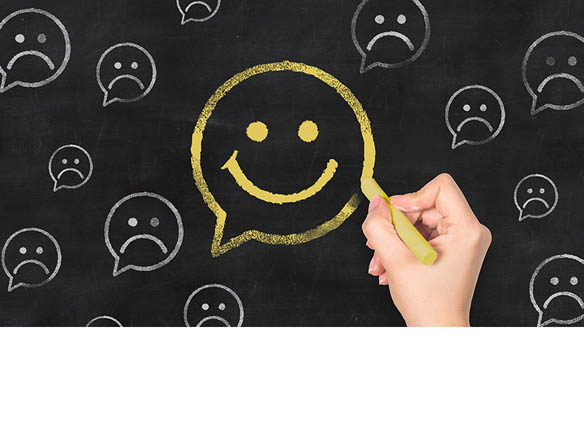By Robert “Bob” Ayres
“I Quit.”
Ah, what sweet words to hear. The Great American Smokeout Day on November 19, 2020, is not just one day, but a moment for all to commit to quit smoking or vaping.
The American Cancer Society sponsors this annual event on the third Thursday of November each year, beginning with a call to action to try quitting for 24 hours. Although you have to get tough and aim to quit altogether, this is a big step.
If you have ever been locked in an airplane for a 10-hour flight (or more), you are well on your way to that first big step.
In fact, the first great American advocacy against smoking emerged in the air. In the late 1960s, inflight smoking was a typical practice, but pressure began mounting from flight attendants’ unions at around the same time. By the early 1970s, United Airlines was the first domestic airline to establish a smoking section on flights and today, most flights across the world prohibit inflight smoking completely.
Both in the air and back on the ground, great improvements have been made in reducing tobacco smoking habits here in the U.S. through policy, public campaigns, “quit” hotlines, and with help from family, friends, and support groups. But, despite this progress, I am concerned that the public would simultaneously vote to enact laws that permit smoking marijuana. How can that be promoting healthy habits? To this pilot, father, grandfather, and healthcare stakeholder, it feels like a big step backwards.
Statistics reveal that 43 million people in the U.S. smoke, and over 1 billion worldwide, with about 800 million of them men. In our own communities in the East San Diego Region, local data shows that adults in the East Region are more likely to have ever smoked and to be current smokers than any other region in the County. East Region adults are also more likely to smoke indoors. This behavior, among others, have influenced pulmonary (lung) disease rates; just as an example, the COPD hospitalization rate for adults ages 25-64 in the East Region was nearly double the rate for the County overall.
What possible benefits can be gained from smoking? It is one of the most prevalent and preventable health concerns, with estimates of 100 million people in the 20th century dying prematurely. What a waste of precious human life, with such huge costs on family, friends, and the healthcare system.
Sure, an addictive drug like nicotine is hard to just give up, but if you have the will to throw them in the trash (interesting how the last part of trash is ash) can and the commitment to seek support to help you walk – and stay — away, you can do it. “Just do it,” as they say.
The health and risk effects of smoking are at the forefront of the world’s leading causes of death, like heart and lung disease, cancer respiratory illness. How about smokers who have contracted COVID-19 and their incidence of death? Even though right now that is a large unknown, there must be a correlation.
You can increase your take home pay and savings, put away funds for your child’s education, or take a vacation just by eliminating the cost of cigarettes, vaping products, etc. Perhaps it is not just about saving money, but also about replacing one habit with a healthier habit. There are a lot of ways you can spend $9.00 besides buying a pack of cigarettes.
Change takes time, but the good news is, America has seen some reductions in tobacco smoking habits. Yes, it is a habit, with aggressive campaigns to explain the health risks, but more needs to be done aside from spreading knowledge, especially with other smoking products like marijuana and e-cigarettes now more readily available.
In our own community, organizations such as El Cajon-based Community Action Service Advocacy are working with youth to help build this knowledge early and engage them in assessing retail environments (such as liquor stores and vape shops). Not only does this help youth in our community build early civic involvement, it includes them in the effort to protect peers from tobacco, marijuana, and vaping products by assessing whether these items are marketed and easily available to youth under 18. Just like with any habit, the earlier and more systematically you address it, the more likely you can kick it.
There are too many personal and community benefits to list. Your breath will smell better, your hair will smell better, your clothes will smell better, your home will smell better, your car will smell better, and you and your loved ones will smell better.
The Great American Smokeout is having a positive impact and making great strides but your help is needed. It costs nothing to join in and say, “I quit.”
Bob Ayres is a retired banking executive with 48 years of experience in both public and private-sector banking and construction financing and management. He is a resident of El Cajon. He joined the Grossmont Healthcare District board in 2010 and currently serves as Treasurer.














